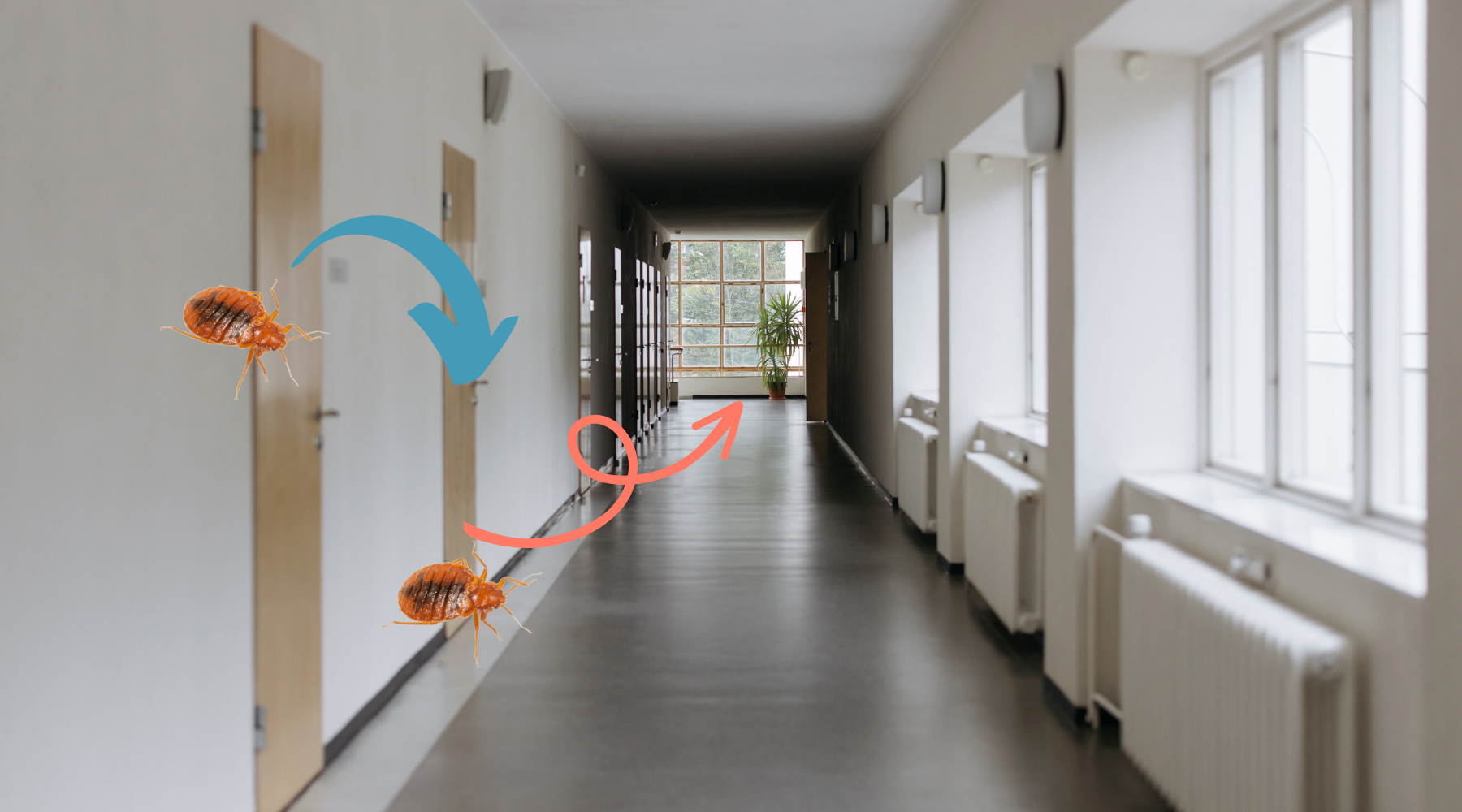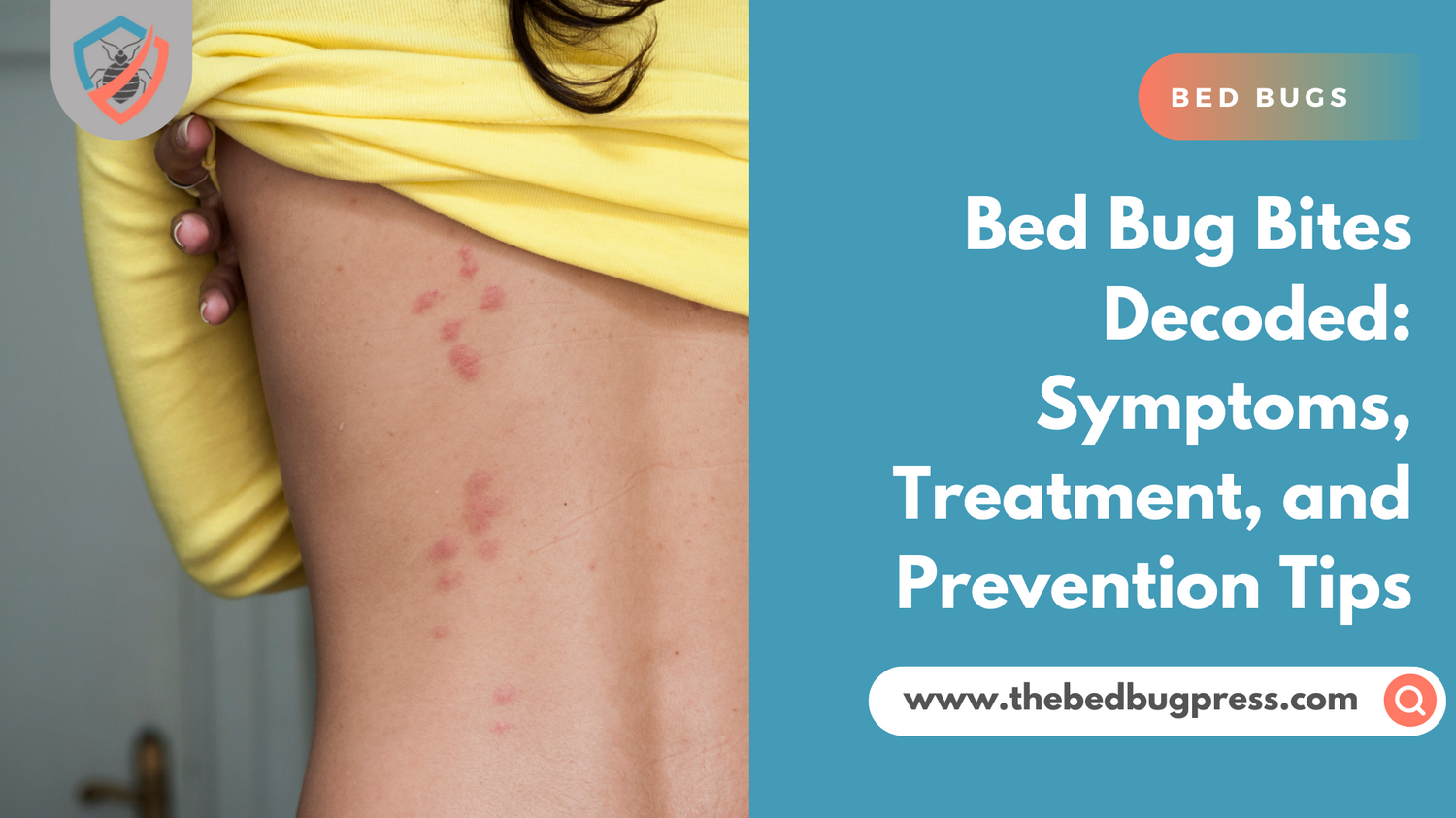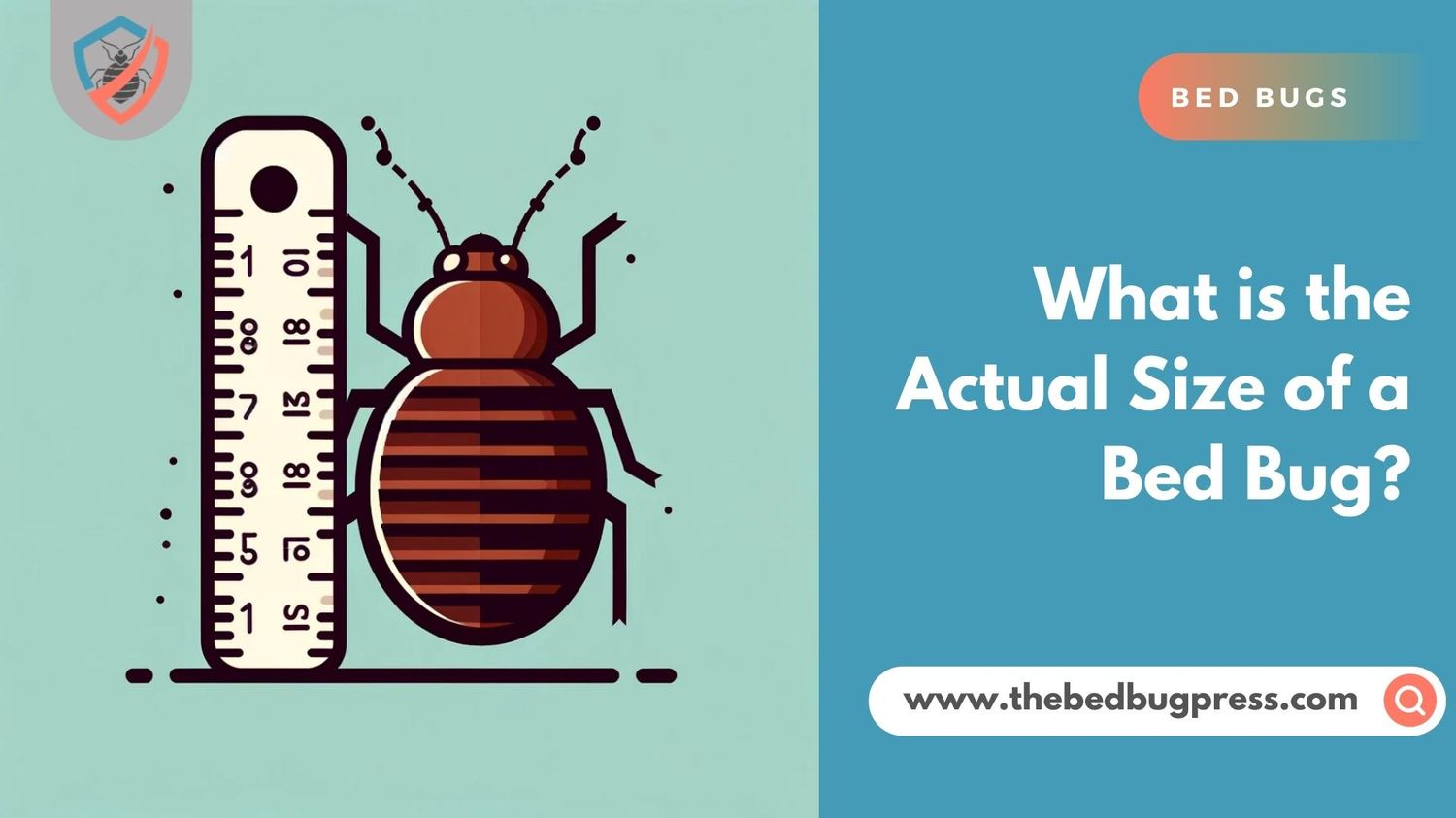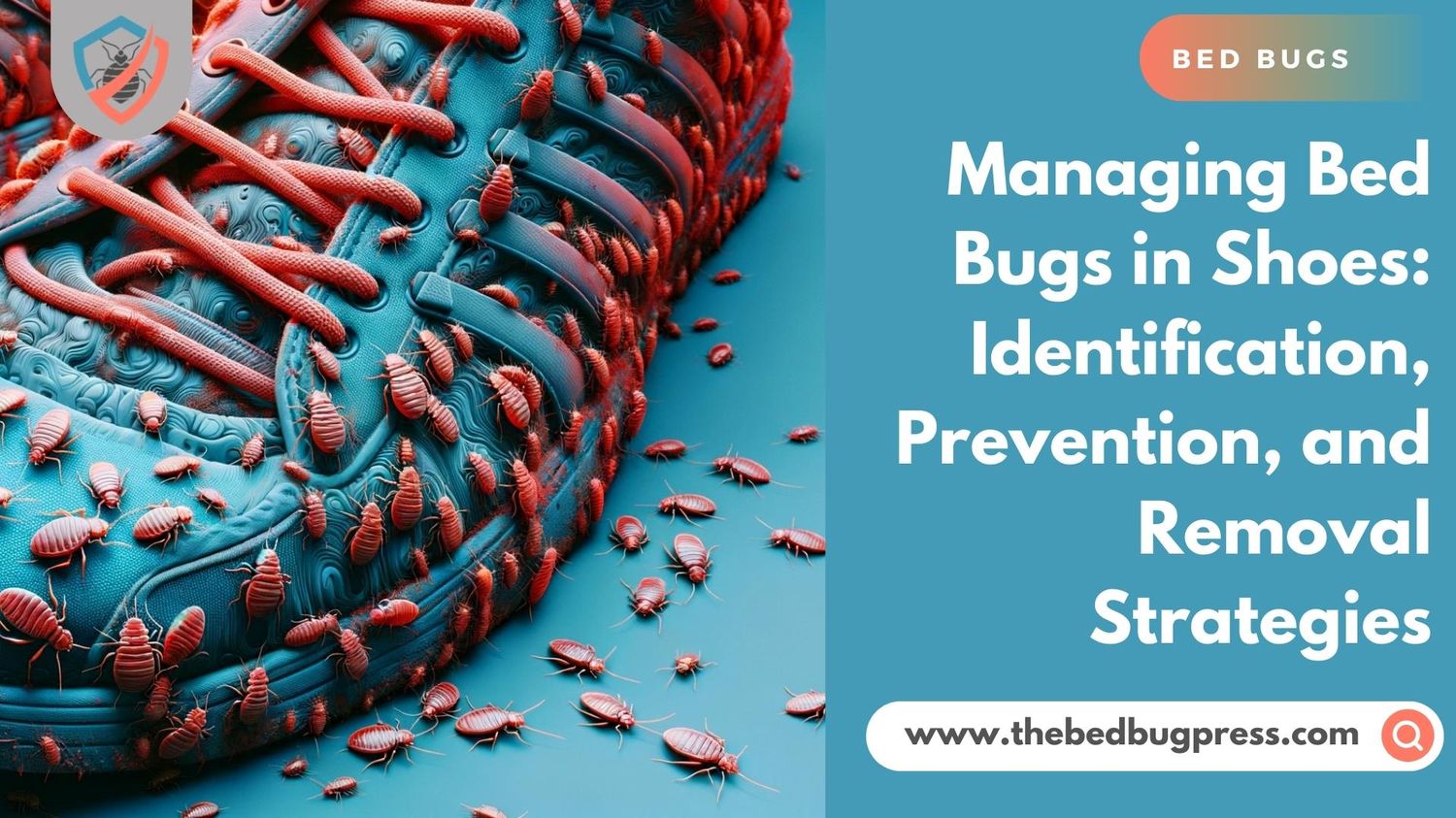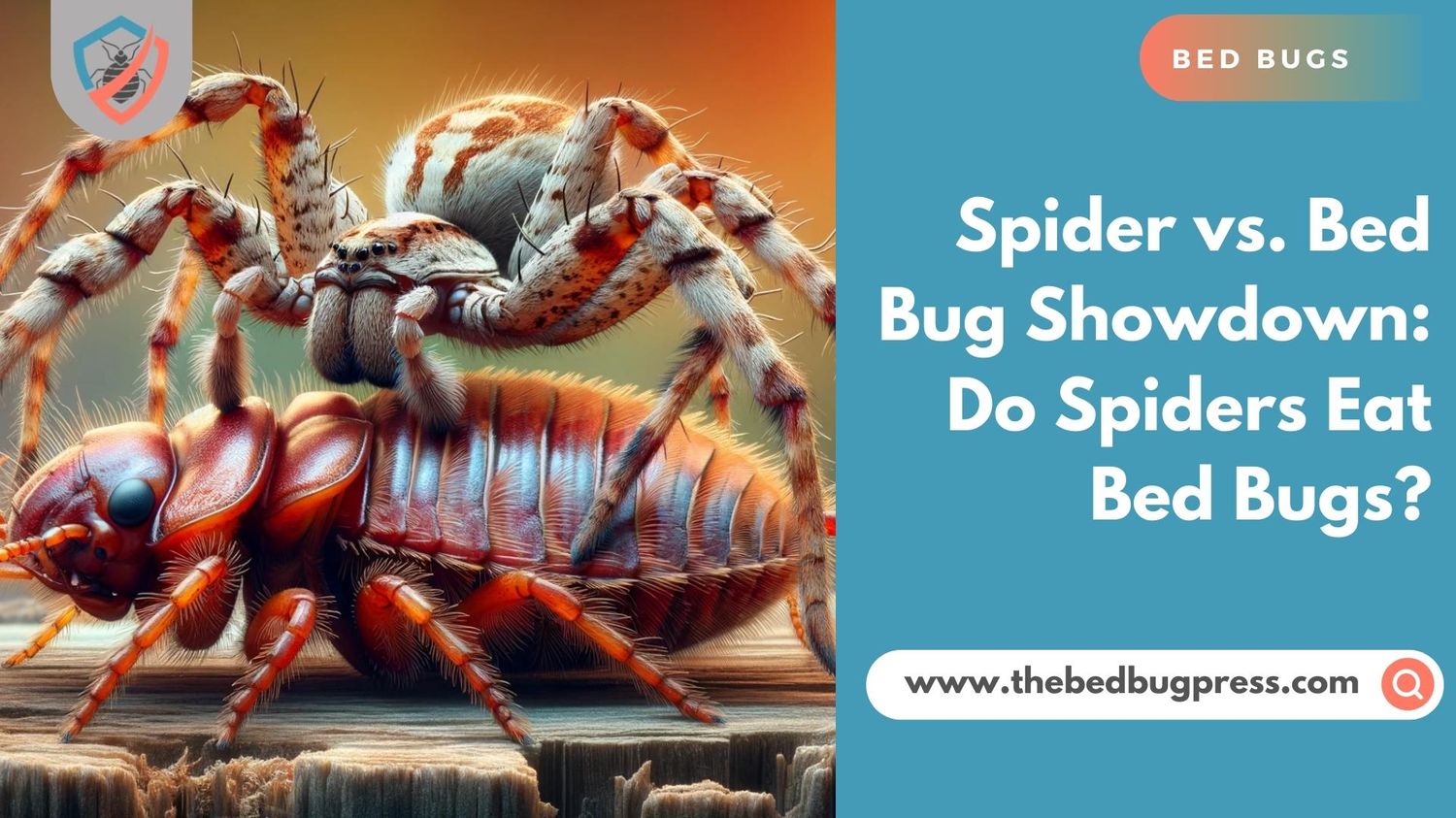Are you tired of your bed bug problem getting out of control? We’ve all been there. As bed bugs spread from room to room, it can feel like there isn’t much you can do to stop bed bugs. But that’s not true! With the right information and know-how, you can keep things under control and prevent bed bugs from infesting other parts of your home. Keep reading to find out how!

Do Bed Bugs Have the Ability to Move Rooms Quickly?
Bed bugs can spread quickly from one room to another, especially if they have access to a consistent food source. They travel along cracks, crevices, and edges of walls and floors in search of hosts or meals. In just 24 hours, bed bugs can become established in an area and easily move around when items such as furniture, linens, and clothing are shared.
How Quickly Can Bed Bugs Move Between Rooms?
Bed bugs have a reputation for being quick and efficient, this makes bed bugs spread easily throughout a building. While they are not able to fly, they are very adept at crawling. Adult bedbugs can move at a speed of roughly 4 feet (1.2 meters) per minute on most surfaces, while nymphs (young bed bugs) may move at a slower pace.
The rate of movement between rooms depends on factors such as the level of infestation, the proximity of one room to another, and any potential obstacles or barriers between the infested room and non-infested rooms. Since bed bugs do not possess wings, they must crawl or hitch a ride in order to spread from one place to another.
How Fast Are Bed Bugs Moving? The Three Ways They Spread
Bed bugs are a nuisance, and their spread can cause major problems in homes and hotels. Knowing how they move around can help you take better preventative steps to avoid bed bug infestations. Here are three common ways bed bugs may spread:
Hitchhiking: Bed bugs are expert hitchhikers and can cling onto clothing, luggage, and other personal items. They often hide in crevices and folds, making bed bugs difficult to spot, and can easily travel on unsuspecting hosts such as travelers or visitors.
Infested items: Bed bugs can also spread by infesting furniture, bedding, and other household items which have been moved from an infested area to another location.
Movement within a building: Bed bugs may spread within a building, moving through cracks and crevices in walls, ceilings, floors, etc. Regular inspections and early detection of bed bug activity are important to prevent the rapid spread of an infestation.
By understanding how bed bugs spread and staying vigilant for signs of activity, you can take steps to prevent them from becoming a major nuisance in your life. If you suspect that you have a bed bug infestation, it’s essential to act quickly and contact a pest control professional for help!
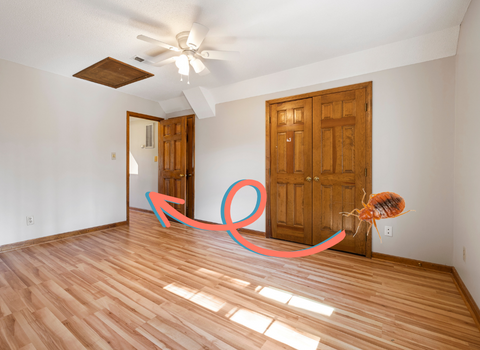
What Facilitates the Rapid Spread of Bed Bugs?
Bed bugs are incredibly pesky and intrusive pests that can cause significant problems if left unchecked. To help prevent them from becoming an issue, it’s important to stay aware of their ability to quickly spread and infest homes and buildings.
For starters, bed bugs have the potential to move between rooms within 24 hours, so it’s important to look out for signs of activity. Additionally, they can climb up walls and along pipes, making it even easier for them to travel from place to place.
Further complicating matters is the fact that items like furniture, mattresses, linens, or clothing may be shared amongst homes or public places and contain bed bugs waiting for a ride. As such, it’s important to inspect any items you are bringing into your home before bringing them inside and vacuum regularly to catch any hitchhikers that may have made their way into your space. Lastly, seal up any potential entry points such as cracks and crevices around windows/doors.
With early detection and treatment being key in managing bed bug infestations, take appropriate measures to prevent their spread!
Uncovering More Factors that Affect Bed Bug Movement
Bed bug movement can be influenced by a range of factors, including environmental conditions, availability of food sources, and mating opportunities. Here are some additional factors that can affect bed bug movement:
Temperature: Bed bugs are more active and mobile in warmer temperatures. At higher temperatures, their metabolism increases, and they require more blood meals to survive. As a result, they may move around more in search of food.
Chemicals: Bed bugs are highly sensitive to chemicals, including insecticides. Exposure to these chemicals can cause bed bugs to move away from treated areas, making it challenging to control bed bugs.
Genetics: Bed bugs have been shown to have different levels of mobility based on their genetic makeup. Some bed bugs may be more mobile than others, which could affect how quickly an infestation spreads.
Host preferences: Bed bugs prefer certain types of hosts, such as humans, but they can also feed on other animals. If their preferred host is not available, they may move to other hosts or search for new areas to find food.
Age and gender: Younger bed bugs and females tend to be more mobile than older bed bugs and males. This may be due to their need to find mates and blood meals to support their reproductive activity.
Understanding the factors that affect bed bug movement can help with developing effective strategies for controlling infestations. It’s important to work with a pest control professional to identify and address the root cause of the infestation and to implement an integrated pest management approach for long-term control.
Is it Common for Bed Bugs to Take Up Residence in One Room?
It is not uncommon for bed bugs to take up residence in one whole hotel room alone, though they can spread quickly between rooms as well.
If they do take up residence in just one room or an entire home, it could be due to an ideal environment such as warmth and darkness that can provide a good source of food. However, even if they reside in just one room, it’s important to keep an eye out for any signs of infestation in the rest of your home.
What Do You Do When Your Neighbor Has a Bed Bug Infestation?
If you believe that your neighbor has a bed bug infestation, it’s important to take precautions to prevent the spread of the bugs. Here are some steps you can take to avoid spreading bed bugs around:
Let your neighbor know about the issue and recommend they seek professional help for treatment.
Inspect items shared between households for signs of bed bugs before bringing them into your own home.
Seal any cracks or crevices in walls or floors that may be potential entry points for bed bugs from the neighboring home.
Vacuum regularly and use proper protective clothing such as gloves while doing so.
Wash all bedding, linens, and fabrics in hot water to kill any hitchhikers that may have made their way inside.
Remember, it’s important to take the necessary precautions if you suspect there may be a bed bug infestation in your neighbor’s home.
If you’re concerned, don’t hesitate to reach out for professional assistance to help treat the issue and protect yourself and your home from any potential spread of bed bugs.

What Should I Do If I Find Bed Bugs in My Room?
If you suspect that bed bugs have found their way into your room, there are a few steps you should take to ensure that the infestation is properly identified and addressed.
First of all, check for signs of an infestation such as small black dots (bed bug droppings) or red spots on the fabric. It’s also a good idea to look out for tiny white eggs stuck to surfaces like furniture and bedding.
Once you have confirmed that there is an infestation, inform your landlord or property manager immediately so they can begin to address the issue.
Act immediately by cleaning up debris and clutter—this will make it harder for the bed bugs to hide. Vacuum regularly and throw away the vacuum cleaner bag right after use.
Consider using an insecticide specifically designed for killing bedbugs or contacting professional pest control services. This will help get rid of any existing bugs and eggs, as well as reduce the chances of them coming back in the future.
By taking prompt action when bed bugs are found, you’ll be able to minimize their impact on your home.
Are Bed Bugs Usually Found in Groups?
Yes, bed bugs typically live in groups known as colonies. The size of these colonies can vary considerably depending on the age and size of the bugs, but typically a large colony will contain several hundred eggs and adults.
Bed bug eggs are especially resilient, so it’s important to take precautions such as regular vacuuming and sealing off any entry points to ensure that no new infestations occur.
Keeping Bed Bugs from Moving Between Rooms: Proven Strategies
In a home infested with bed bugs, it’s essential to make sure the bugs don’t spread between rooms. Taking a few proactive steps now can help you avoid a full-on infestation in the future. Here are some proven strategies to prevent bed bugs from multiplying and moving around your property:
Start by sealing up any possible entry points, such as cracks and crevices around doors, windows, and walls. This will help block any new bed bugs from entering your home.
Vacuuming regularly is another great way to keep the bugs at bay. Make sure to get into all those hard-to-reach places like electrical sockets or under furniture. It’s also important to throw away the vacuum cleaner bag right after you’re finished so that any eggs or other insects won’t be transferred elsewhere.
If you have pets, try using pet-safe insecticides or sprays that are specifically designed to keep bed bugs away. Applying these products directly to your pet’s fur can go a long way toward deterring bed bugs from taking hold of your property.
Finally, call in professional pest control if you suspect there might already be an infestation in your home. They’ll be able to identify and treat the problem more effectively than trying to do it yourself with store-bought solutions.
By following these simple steps regularly, you can help protect your family and your home from these unwelcome visitors!
More Ways to Slow Down the Spread of Bed Bugs
Bed bugs can be hard to get rid of once they take hold, and they can spread quickly. To prevent bed bugs from getting worse, it’s important to take preventative measures early on. Here are some additional tips for slowing down the spread of bed bugs:
Keep your bedding and linens clean by washing them in hot water every week. This will help kill off any bed bug eggs that may have been laid there.
Don’t forget to vacuum regularly—this will also help remove any eggs or larvae that could be lurking around your home.
If you find yourself traveling or staying in a hotel, make sure to inspect the room thoroughly before settling in. Look for telltale signs such as small black dots (bed bug droppings) or spots of blood on the sheets.
Don’t bring used furniture into your home, as this is another common way for these bugs to travel between properties.
By following these simple guidelines and taking preventative measures, you can help keep your family safe from an unwelcome infestation!
Keeping Bed Bugs Out of One Room and Away from Your Home
Having one room infested with bed bugs can be a nightmare. To help keep bed bugs contained and prevent an all-out infestation, try out these bed bug treatment strategies:
Start by sealing off any possible entry points such as cracks or crevices around windows, doors or walls. Doing this will help to stop new bedbugs from entering your property.
Keeping your bedroom clean and free of clutter is key – it will make it easier for you to spot any small black dots (bed bug droppings) or spots of blood on the sheets. Vacuuming regularly and throwing away the vacuum cleaner bag right after use are also important steps in the process.
If you suspect that there might already be an infestation in your home, don’t hesitate to contact professional pest control services as they’ll be able to identify the problem accurately and advise on how best to get rid of it.
Pet owners should look into using insecticides or sprays specifically designed for keeping bed bugs away from their pet’s fur – this is another great way to reduce the chances of bed bugs taking hold in your house.
By following these guidelines, you can help ensure that those pesky bugs stay confined to one room and never have a chance to spread throughout other rooms in your home!
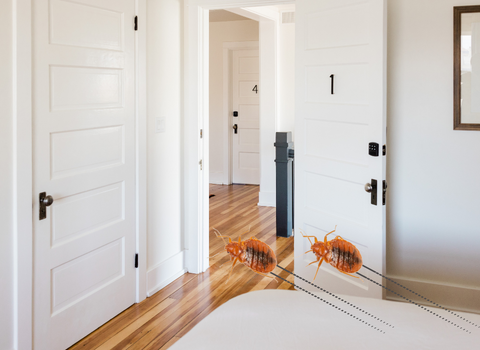
Avoid Bringing Bed Bug Guests Home After Traveling
Going on a trip can be so much fun, but it’s important to make sure that you don’t bring any bed bugs back home with you. Here are some helpful tips that you can use to prevent bed bugs from starting an infestation:
Before you pack your bags, take a few minutes to carefully check your luggage, clothes and other items for any signs of bed bugs. Look out for small black dots (bed bug droppings) or red spots on the fabric.
When you arrive at your destination, try to keep your luggage away from the floor and any furniture that bed bugs might be hiding in.
Before leaving the hotel or hostel, quickly look around the room one last time to make sure there aren’t any signs of bed bugs. If you see anything suspicious, don’t hesitate to ask the staff for help.
As soon as you get back home, wash all of your belongings in hot water using detergent and/or insecticide sprays that are specifically designed to kill bed bugs. This will help get rid of any eggs or larvae that might have hitched a ride back with you.
By following these steps, you can enjoy your travels without worrying about bringing home any unwanted guests! So go ahead—have fun and stay safe!
Keep Those Pests Away with These Tips on Defending Against Bed Bugs
Are bed bugs making a nuisance of themselves in your home? Don’t worry – there are some simple techniques you can use to keep bed bugs away! Follow these tips to keep those pesky critters from invading your space:
Seal off any possible entry points such as cracks and crevices around windows, doors, or walls. Doing this will help ensure that new bedbugs can’t get in.
Vacuuming regularly and throwing away the vacuum cleaner bag right after use will make it easier for you to spot any small black dots (bed bug droppings) or spots of blood on the sheets. Plus, a tidy bedroom is less likely to attract unwanted guests.
If an infestation is suspected, don’t hesitate to contact professional pest control services as they’ll be able to identify the problem accurately and advise on how best to get rid of it.
Pet owners should look into using insecticides or sprays specifically designed for keeping bed bugs away from their pet’s fur – this is another great way to lower the chances of bed bugs invading your entire house.
By following these guidelines, you will never have to worry about dealing with a bed bug problem again!

